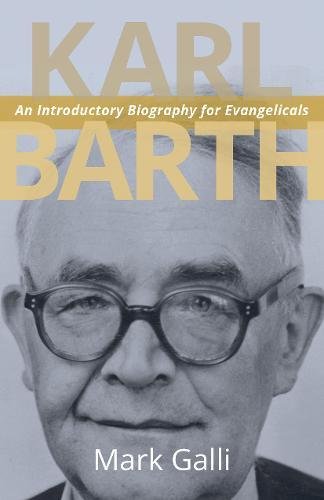Q. Talk to us about the relationship between Bonhoeffer, who saw Barth as something of a mentor, and Barth? If you read the works of both men, they seem very different persons, and to some degree with different theologies too. Bonhoeffer seems more Lutheran for one thing, or non-Reformed, to put it another way, though they certainly were both Biblocentric and Christocentric in their thought.
A. Bonhoeffer was Lutheran, yes, no question. I have read a great deal of Bonhoeffer, and I think he was deeply attracted to Barth’s Christocentric approach, in contrast to much anthropocentric theology of the times. This even comes out in his Papers and Letters from Prison, which some have read as explorations in liberal theology. There he is concerned not with how we make the faith relevant, or how to explain or discard parts of the faith to make it more attractive to modern men and women. His overriding concern is this: “Who is Jesus Christ for us today?” And he doesn’t mean, how do we talk about Jesus so he makes sense to people today, but what is Jesus Christ (not the world! not our experience!) calling us to do and to be in this day?
Q. Much has been made over the years of the Barmen Declaration which Barth largely drafted. What would you see as its importance today? What lessons can it teach us about the proper relationship between church and state?
A. I appreciate it as a model of how Christians could be reacting to social and political events of the day. The Barmen Declaration is clearly a repudiation of Hitler and the Nazis, but neither name is mentioned in it, let alone specific acts of the regime. It is a theological and biblical document through and through—but no reader of the time could mistake what the signers were saying. Certainly Hitler and the Nazis got the message—as they quickly sought to persecute the signers.
Today we want to weigh in on every social issue, and we generally do so in a political or social way. We might frame our concerns with a Bible verse at the beginning and end, but rarely do these documents do the hard work of exegesis and theological thinking—which is precisely what we Christians have to bring to the national table. Instead, we end up sounding like a religious version of the left or the right, instead of bringing a distinctive voice to national conversations.
Q. Where on the spectrum of pacifism vs. militarism would you see Barth, the mature Barth, actually standing? Where for instance did he stand on various of the statements in the Sermon on the Mount, or Rom. 12-13? Yes, he served in the Swiss reserves. No, he never shot and killed anybody.
A. Barth never denied that some political problems had to be addressed with military might, certainly as a last resort. He was certainly in favor of the allied efforts in World War 2. He did believe the use of nuclear weapons could never be justified, and thus his rejection of the nuclear arms build-up in the 1950s.













